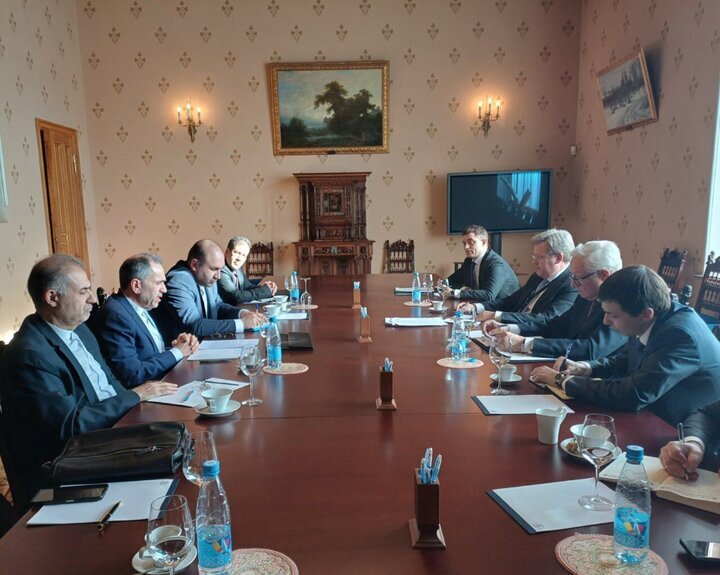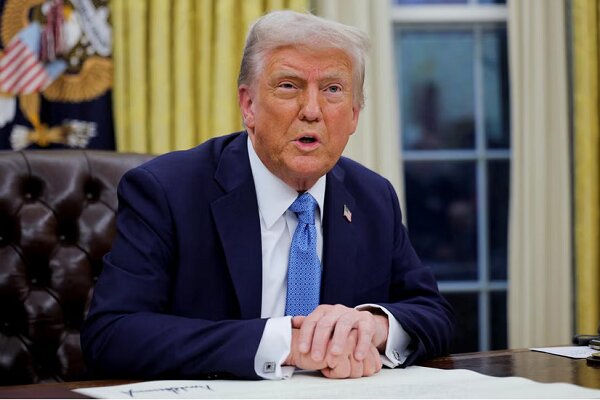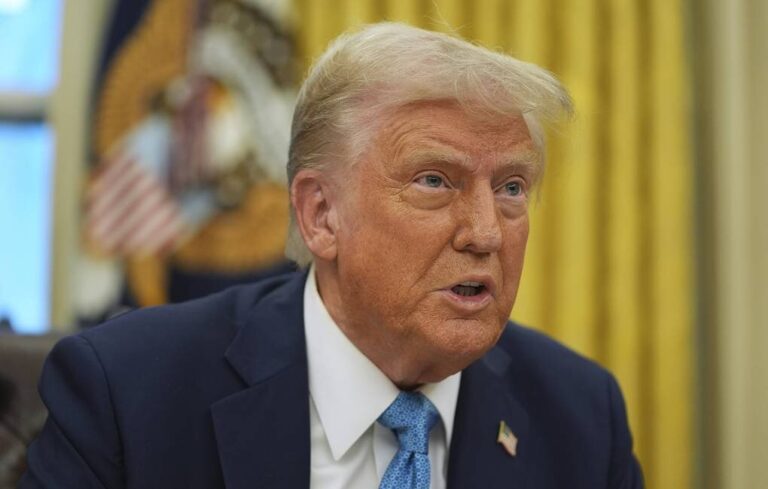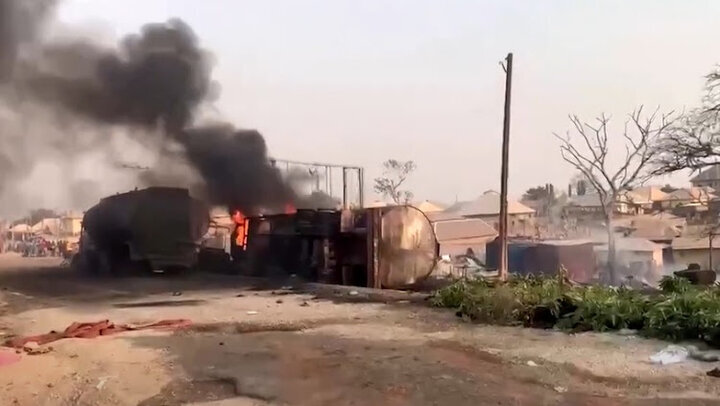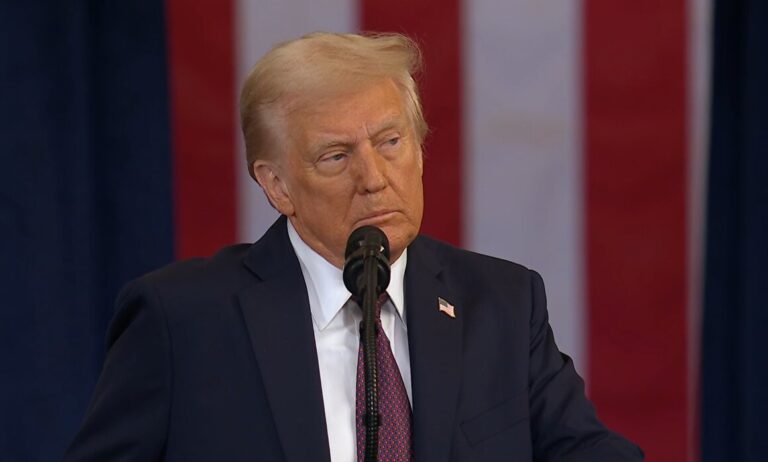Iran and Russia Strengthen Ties: Deputy Foreign Ministers Meet to Discuss Nuclear Program
In recent developments, discussions between Iran and Russia have focused on collaborative efforts to stabilize regional tensions, particularly those exacerbated by Western nations. The two countries are addressing crucial steps to reduce escalating tensions and promote peace in the West Asian region.
The Iranian Ministry of Foreign Affairs has issued strong statements regarding the use of military force against Iran. They emphasized that such actions would be considered “illegal and unacceptable.” The ministry warned that any military threats directed at Iran’s nuclear infrastructure could lead to severe and lasting humanitarian and radiological consequences, not just for the region, but for the entire world.
Earlier this year, the Kremlin expressed its willingness to act as a mediator in the ongoing tensions between the United States and Iran. This offer comes amidst a backdrop of strategic partnership solidified by a treaty signed between Moscow and Tehran in January. The potential for diplomacy remains a critical element as both nations seek to navigate the complex geopolitical landscape.
In a related context, US President Donald Trump recently commented on Iran’s refusal to engage in direct negotiations with Washington. During interviews with NBC News, he stated that if Iran does not come to an agreement regarding its nuclear program, it could face serious consequences, including potential bombing and secondary tariffs. These remarks reflect the heightened stakes involved in the discussions surrounding Iran’s nuclear ambitions.
Here are some key points regarding the current situation:
- The Iranian Ministry has condemned military threats from the West as illegal.
- Moscow has proposed to mediate between the US and Iran.
- US President Trump has warned Iran of severe consequences if negotiations fail.
- Both nations are focusing on reducing tensions exacerbated by Western involvement.
The idea of mediation from Russia is particularly significant, as it highlights the shifting dynamics in international relations concerning Iran. With the historical context of tensions between Iran and the US, any potential dialogue facilitated by Russia could pave the way for a more stable environment in the region.
As the situation evolves, the international community is closely monitoring these developments. The implications of military action against Iran extend beyond immediate regional impacts, suggesting a ripple effect that could influence global security and economic stability.
Moreover, the rhetoric from both sides underscores the necessity for continued dialogue and negotiation. The Iranian government has made it clear that it views military threats as counterproductive and detrimental to peace efforts. In contrast, the US administration appears to be taking a more aggressive stance, which could complicate future negotiations.
In summary, the current geopolitical landscape demonstrates a complex interplay between diplomacy and military readiness. The potential for a resolution hinges on the willingness of both Iran and the US to engage in constructive discussions, possibly with the assistance of Russia as a mediator.
In light of these developments, it’s crucial for observers and stakeholders to remain informed about the evolving dynamics. The outcomes of these discussions will likely have lasting implications for not just Iran and the US, but for the broader West Asian region and international relations as a whole.
In conclusion, the focus on reducing tensions and pursuing diplomatic channels is essential in preventing further escalation. The situation remains fluid, and ongoing dialogue will be vital in achieving a resolution that promotes peace and stability.
